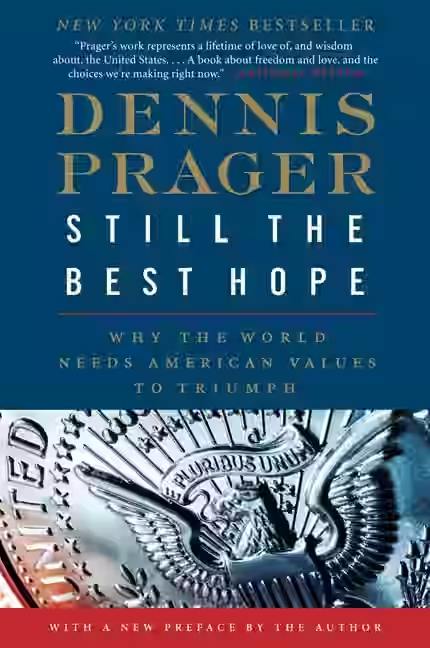
In 'Still the Best Hope: Why the World Needs American Values to Triumph,' Dennis Prager passionately argues for the universal significance of American values in the face of ideological challenges. He dissects the contrasts between the American Trinity of Liberty, In God We Trust, and E Pluribus Unum and the Left, Islamism, and nationalism, positing that the American value system offers the best path forward for humanity. Prager delves into historical contexts, philosophical reflections, and current societal issues, presenting a compelling case for the enduring relevance of American ideals. This book is a stirring call to uphold and promote these values globally.
About Dennis Prager
Dennis Prager is a renowned American author, public speaker, and media personality known for his insightful commentary on ethical, political, and cultural issues. With a prolific career spanning several decades, Prager has authored numerous influential works, including 'Happiness is a Serious Problem' and 'Still the Best Hope: Why the World Needs American Values to Triumph.' Through his writing, Prager has captivated audiences with his thoughtful analysis and practical wisdom, challenging readers to consider fundamental questions about morality, society, and personal fulfillment. As a prominent conservative voice, Prager has made a significant impact on literature and public discourse, engaging readers with his thought-provoking perspectives.
Other Books by Dennis Prager
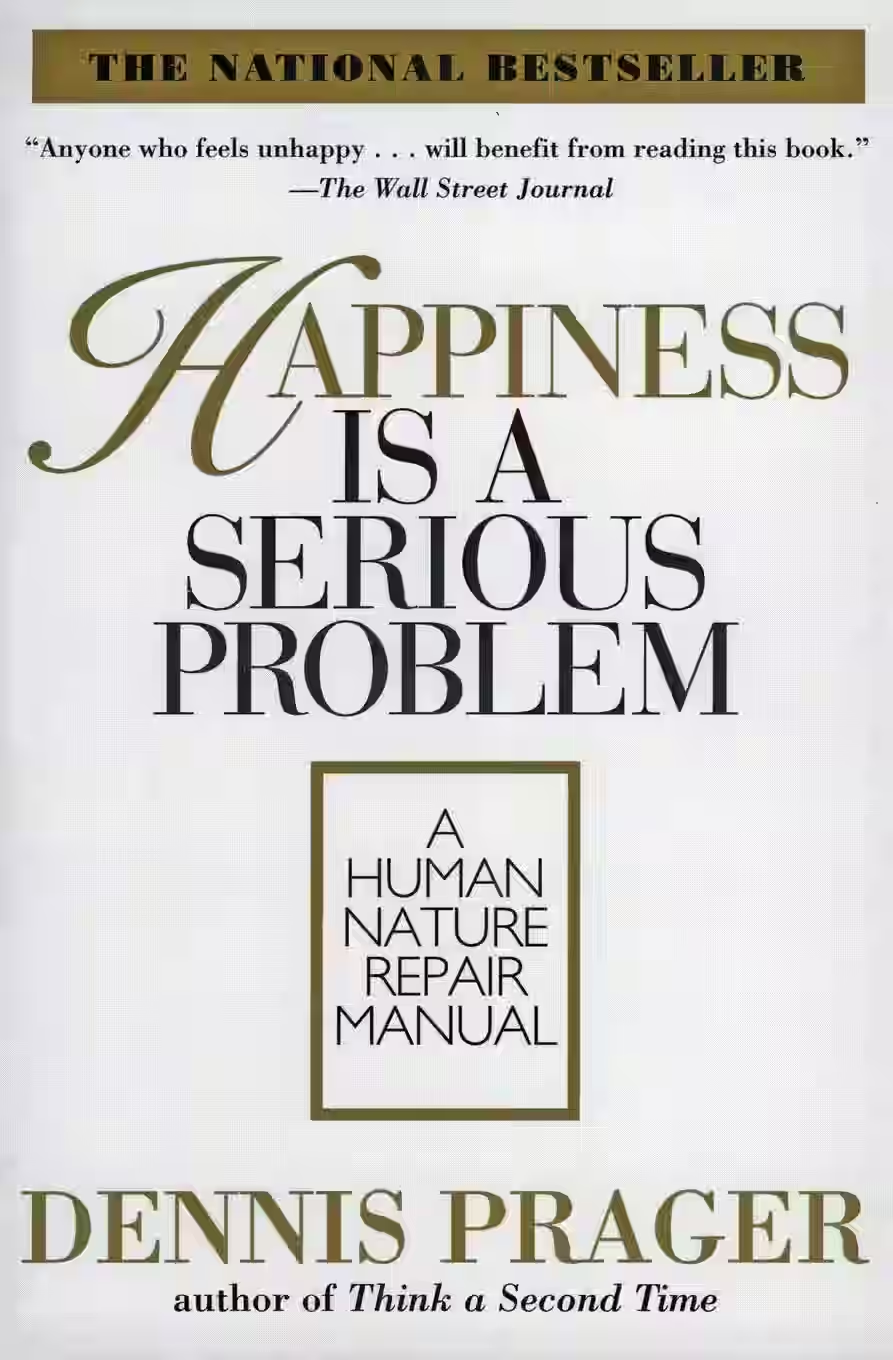
Happiness Is a Serious Problem: A Human Nature Repair Manual
In 'Happiness Is a Serious Problem: A Human Nature Repair Manual' by Dennis Prager, the author delves into the complexities of achieving true happiness in a world filled with seemingly insurmountable challenges. Drawing on philosophical insights, psychological research, and personal anecdotes, Prager provides readers with a thought-provoking guide on how to navigate the pursuit of happiness. Through discussions on gratitude, self-acceptance, and the importance of personal responsibility, the book offers a roadmap for individuals seeking a more fulfilling life. Prager's conversational writing style and practical advice make this book a valuable resource for anyone looking to cultivate a deeper sense of contentment.
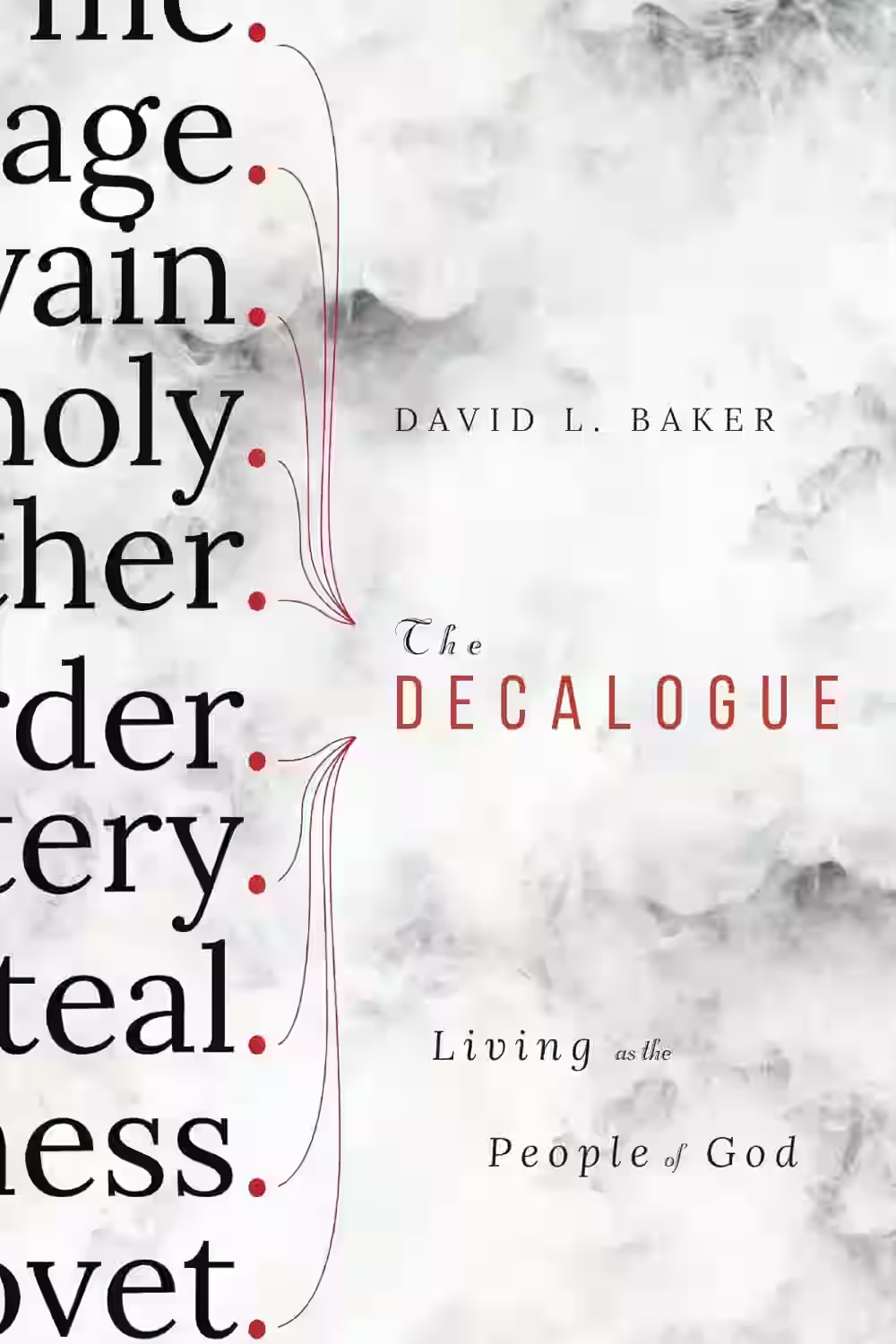
The Decalogue: Living as the People of God
In 'The Decalogue: Living as the People of God,' Dennis Prager delves into the timeless wisdom and relevance of the Ten Commandments for contemporary society. Through insightful analysis and practical examples, Prager illustrates how these commandments can serve as a moral compass for individuals and communities seeking guidance in a complex world. He explores themes of ethics, spirituality, and personal responsibility, offering a compelling argument for the enduring significance of the commandments in shaping our lives and relationships. This thought-provoking book challenges readers to reflect on their values and actions, sparking meaningful conversations about faith and morality.
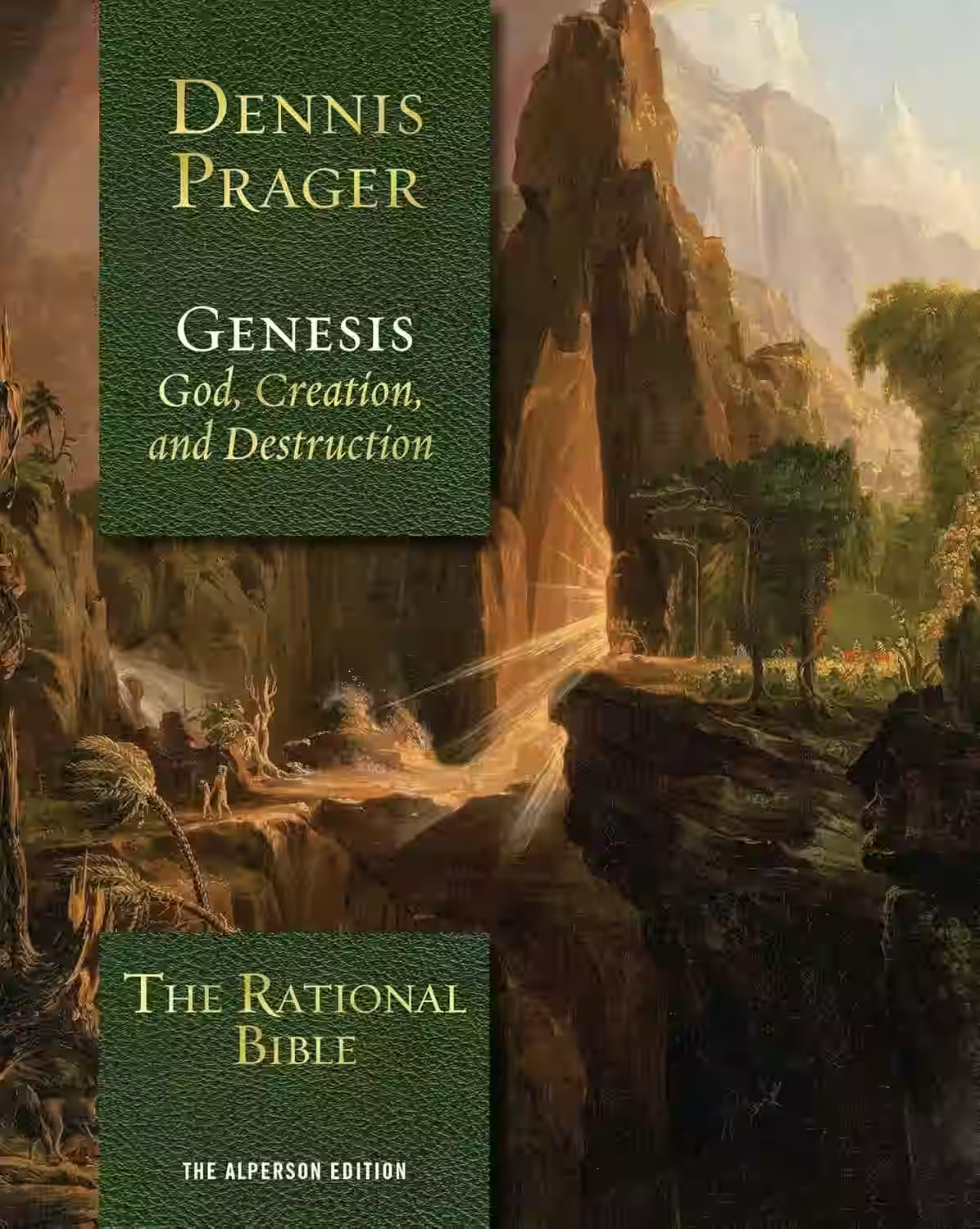
The Rational Bible: Genesis
In 'The Rational Bible: Genesis' renowned author and radio host Dennis Prager offers a thought-provoking analysis of the first book of the Bible. Through a rational and philosophical lens, Prager delves deep into the moral and ethical lessons found in the stories of Genesis. He explores themes like the nature of God, the human condition, and the importance of individual responsibility. Prager's writing is accessible, engaging, and insightful, making this book a compelling read for both believers and skeptics. By examining the text with a contemporary perspective, 'The Rational Bible: Genesis' prompts readers to reflect on timeless questions of faith, morality, and the purpose of human existence.
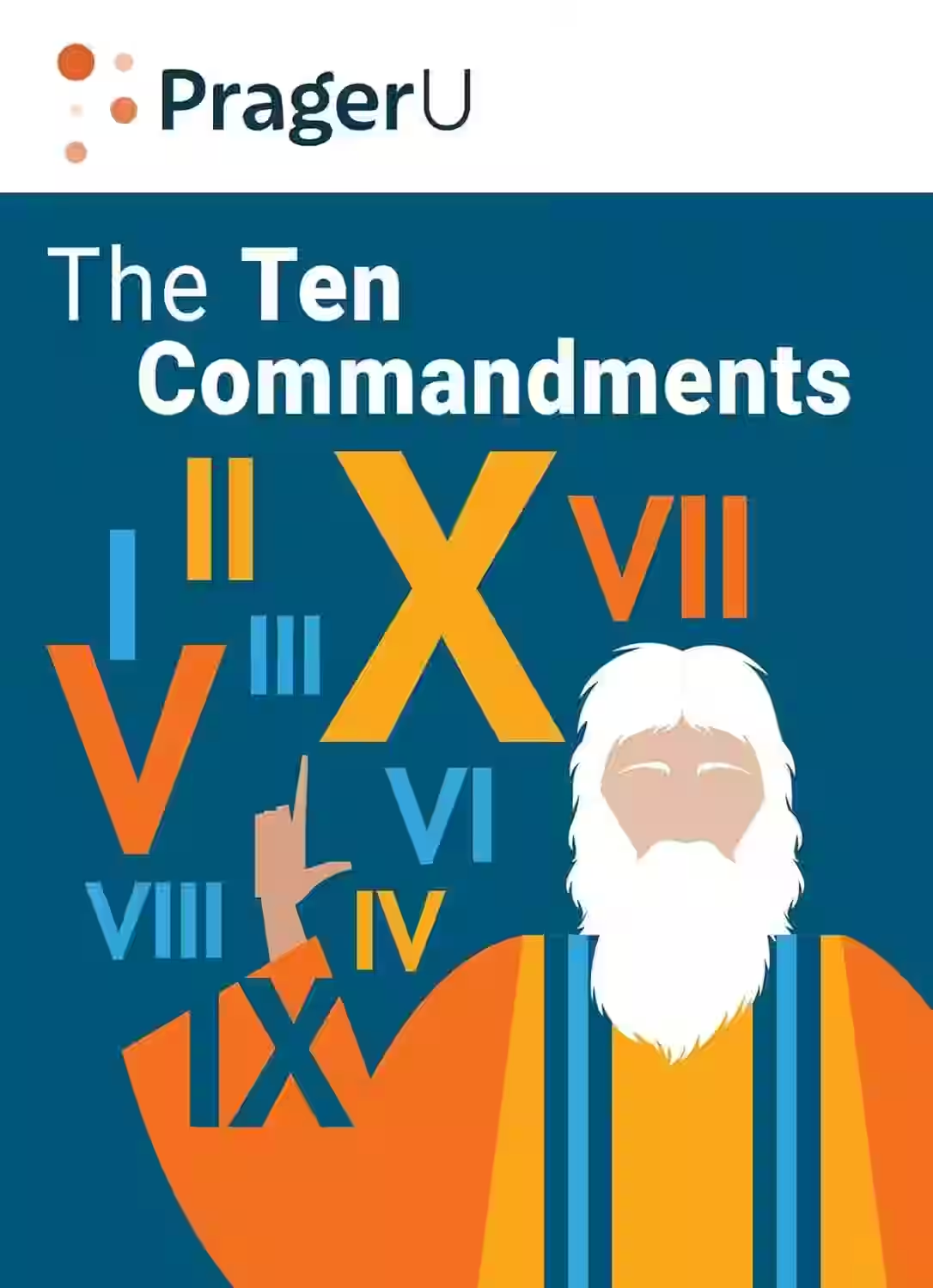
The Ten Commandments: Still the Best Moral Code
In 'The Ten Commandments: Still the Best Moral Code,' Dennis Prager explores the timeless relevance of the Ten Commandments in today's society. Drawing from his background in philosophy and religion, Prager delves into each commandment, discussing their moral significance and practical applications. Through insightful analysis and real-life examples, he argues that following these commandments can lead to a more ethical and fulfilling life. Prager's writing is clear and thought-provoking, making complex moral concepts accessible to readers of all backgrounds. This book challenges readers to reflect on their values and consider the enduring wisdom of the Ten Commandments.
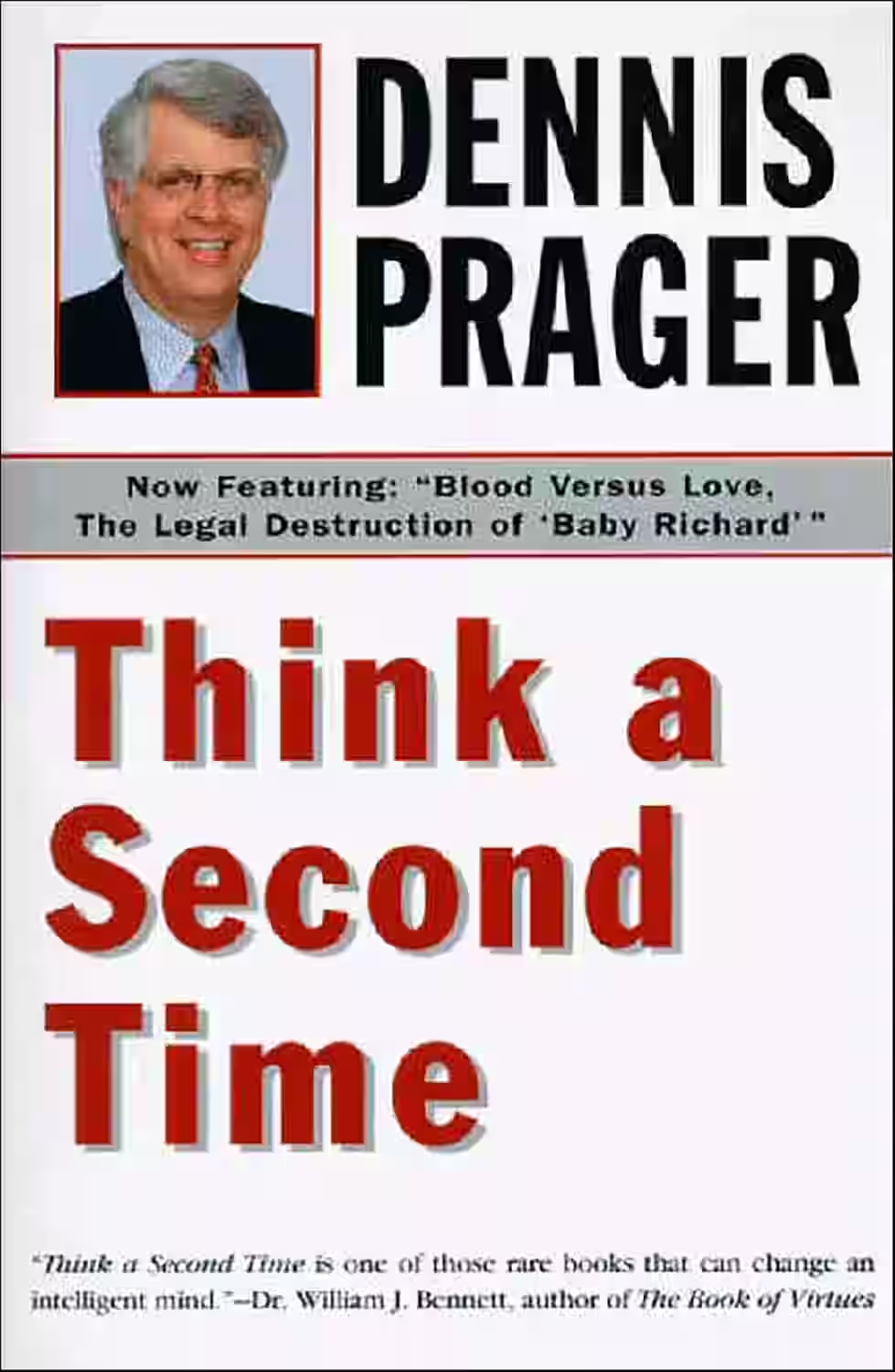
Think a Second Time
In 'Think a Second Time' by Dennis Prager, readers are taken on a thought-provoking journey through a collection of essays that challenge conventional wisdom and encourage critical thinking. Prager delves into various topics such as happiness, morality, religion, and politics with clarity and insight, prompting readers to reconsider their beliefs and perceptions. Through his engaging writing style and compelling arguments, Prager inspires reflection and dialogue on important issues that are relevant in today's society. This book serves as a powerful tool for stimulating intellectual curiosity and fostering a deeper understanding of the world around us.
Similar Books
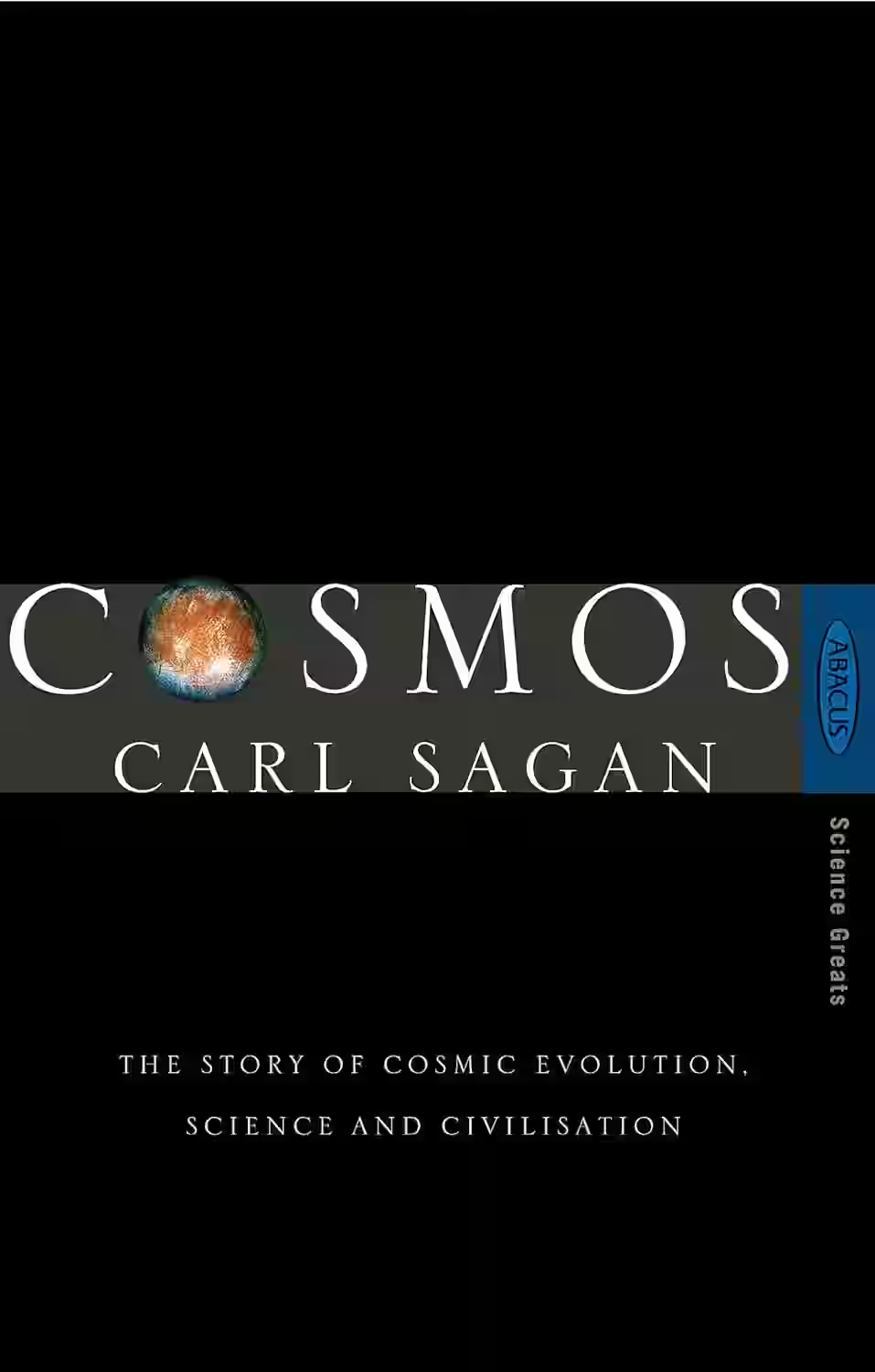
Cosmos
by Carl Sagan
In Carl Sagan's 'Cosmos', readers embark on a thrilling journey through the vast cosmos, exploring the wonders of our universe and humanity's place within it. With profound insight and poetic prose, Sagan delves into topics like space exploration, evolution, and the origins of life, bridging science and philosophy seamlessly. Through this masterpiece, he ignites a sense of curiosity and awe, urging us to ponder our existence and the mysteries of the cosmos. 'Cosmos' not only educates but also inspires readers to embrace science and reason, fostering a greater appreciation for the interconnectedness of all things.
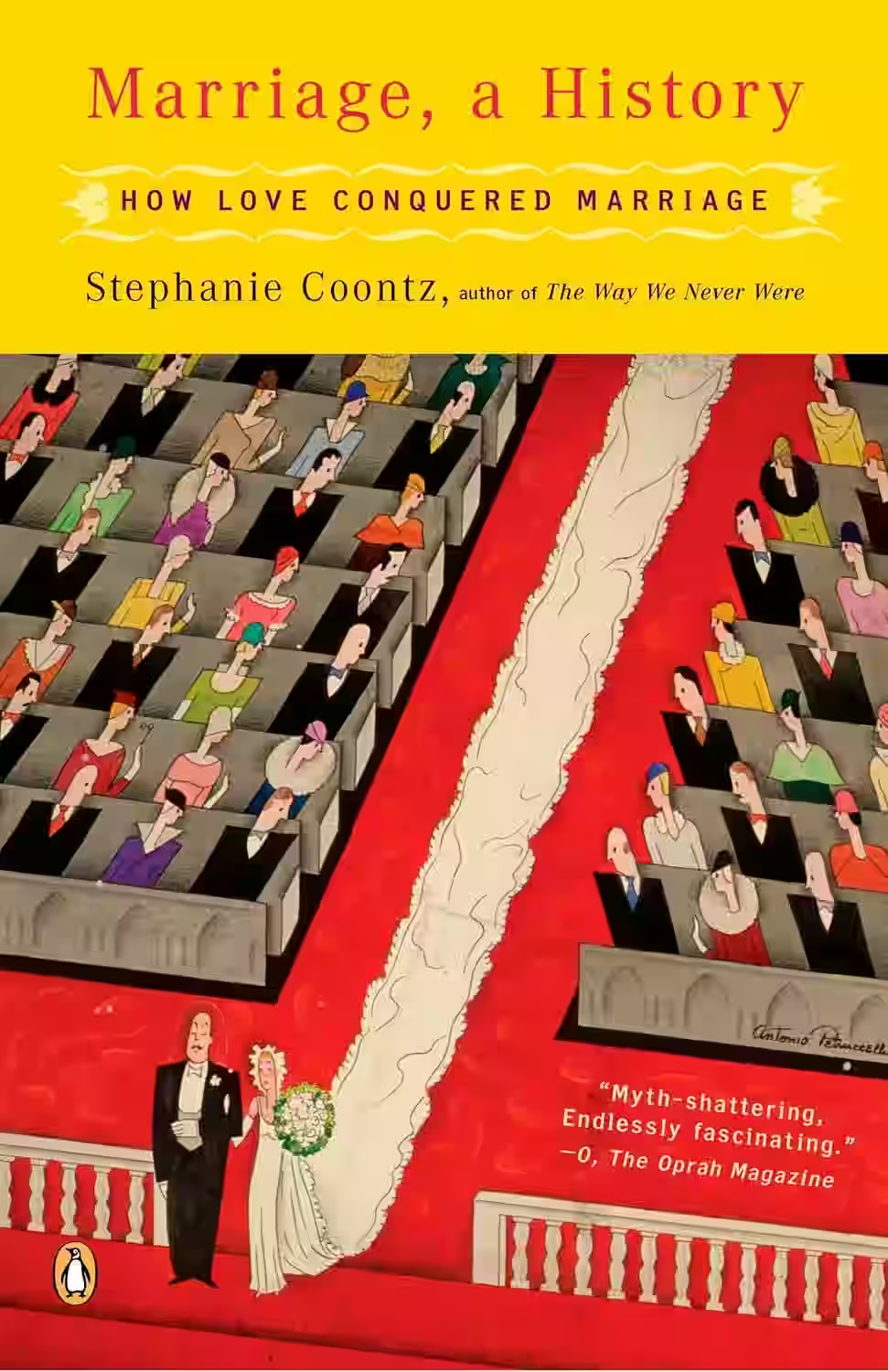
Marriage, a History: How Love Conquered Marriage
In 'Marriage, a History: How Love Conquered Marriage,' Stephanie Coontz delves into the evolution of marriage throughout human history, challenging traditional notions of love and matrimony. Coontz explores how marriage has been influenced by economic, social, and political factors, shedding light on how love became a central component in modern marital unions. Through a meticulous examination of cultural practices and societal norms, she reveals the shifting dynamics of marriage and the role of love in shaping these changes. This thought-provoking book offers a compelling narrative that will make readers reassess their understanding of marriage and relationships.
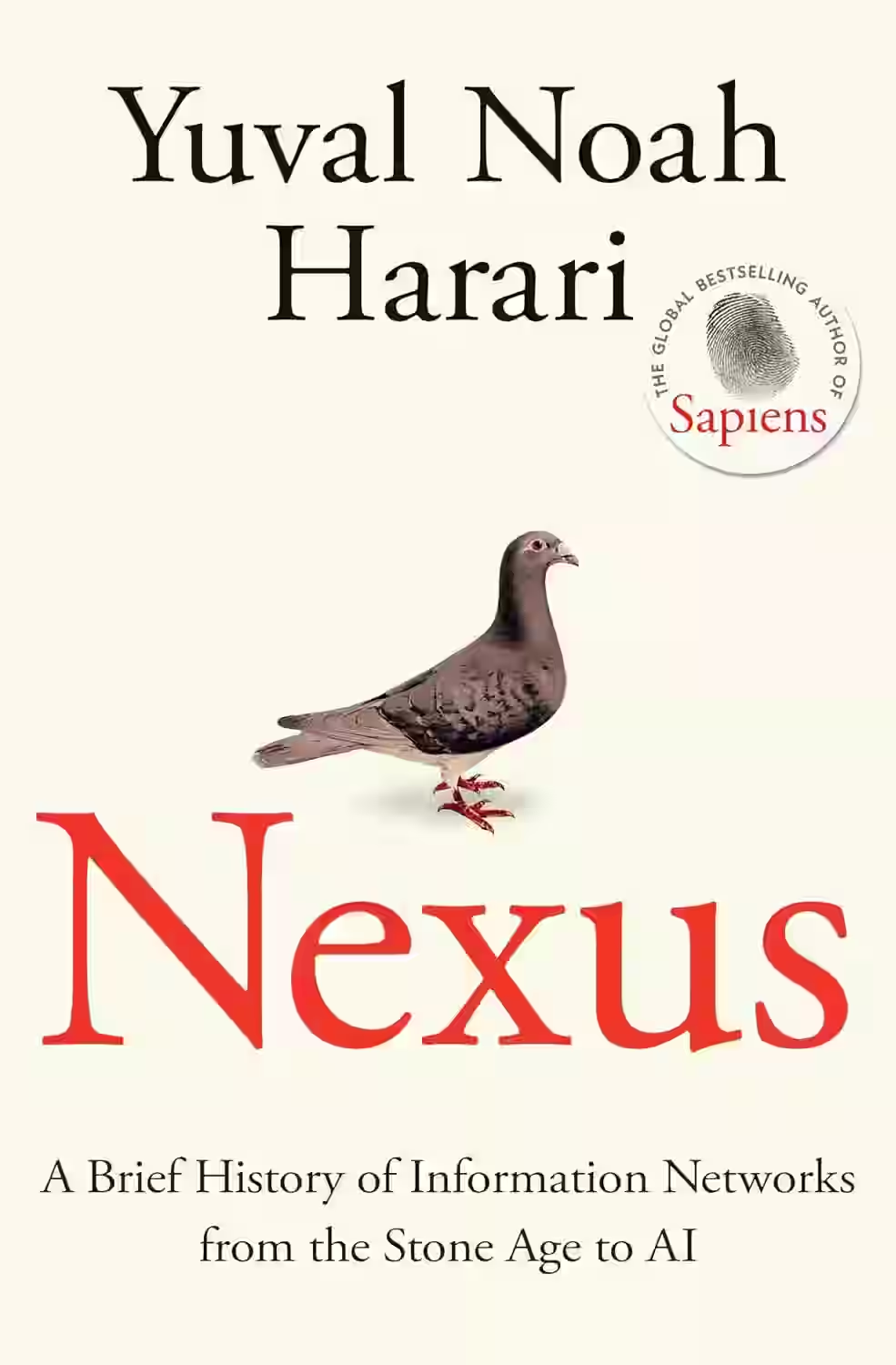
Nexus
In a future where mind-enhancing nanotechnology connects brains like apps, a young scientist develops Nexus 5, a powerful upgrade that could revolutionize human evolution—or destroy it. Caught between shadowy government forces and post-human extremists, he must navigate a dangerous world of espionage, ethics, and power struggles. Fast-paced and thought-provoking, Nexus explores the limits of human potential and the morality of scientific progress in a near-future thriller that blends cyberpunk and biotech with philosophical depth.

Adios, America: The Left's Plan to Turn Our Country into a Third World Hellhole
by Ann Coulter
In 'Adios, America: The Left's Plan to Turn Our Country into a Third-World Hellhole,' firebrand conservative author Ann Coulter tackles the contentious issue of immigration, arguing that liberal policies are leading the United States down a dangerous path. Coulter presents a provocative critique of America's immigration system, addressing topics such as amnesty, border security, and the impact on American society. Through her signature wit and no-holds-barred style, Coulter delivers a passionate defense of stricter immigration controls. While controversial and polarizing, the book sparks important conversations about national identity and sovereignty.